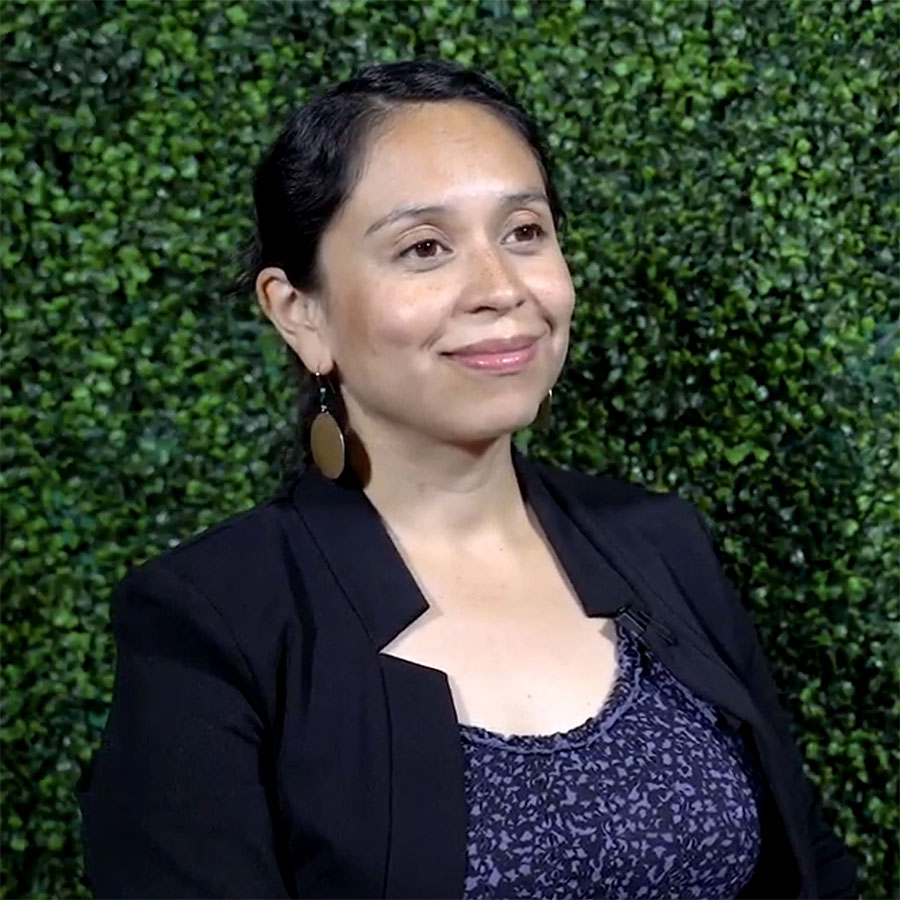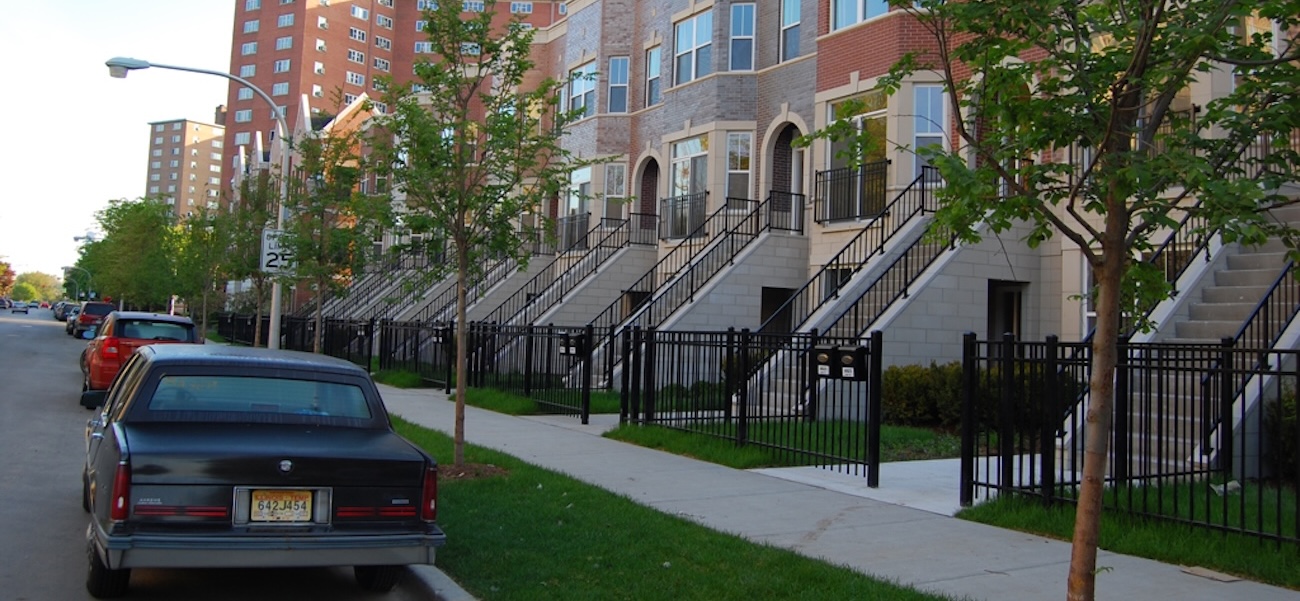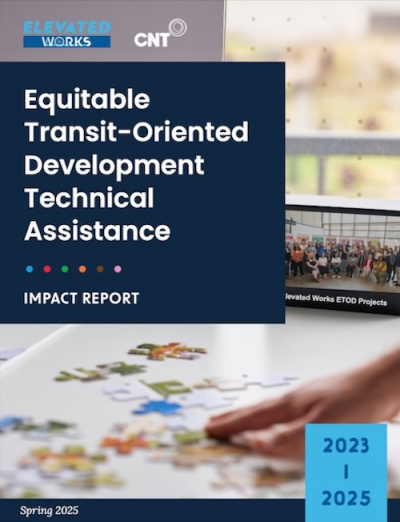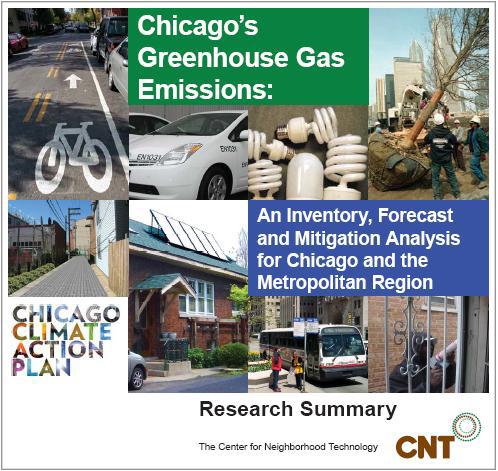In 2006, the City of Chicago assembled a team of experts in energy, climate, and environment to begin working on what would become the Chicago Climate Action Plan. Stakeholders from organizations across a variety of sectors joined City officials in determining the best course of action for lowering Chicago’s contribution to global greenhouse gas (GHG) emissions.
We led the Chicago Climate Action Plan’s mitigation research team and developed a GHG inventory for the years 2000 and 2005. We then forecasted the city’s business as usual emissions through 2050 and estimated emissions back to 1990 to use as a baseline. These numbers were used to help the city set its goal of lowering emissions 25% below 1990 levels by 2020.
We conducted a broad survey of projects and programs that can reduce GHG emissions, soliciting input from stakeholders and researching best practices in communities around the world. Identification of potential strategies to reduce GHG included a participatory process. Several community and stakeholder meetings were held to gather proposed strategies for consideration. A website was developed to solicit ideas for mitigation research, and after review of all mitigation ideas, 33 were selected for in-depth research based on their feasibility, potential for GHG reductions, and capacity for rapid implementation at the city and regional levels.
In addition to quantifying the emissions reduction potential of each strategy, our researchers compiled additional environmental, economic, and social equity benefits and burdens associated with the measures, as well as identifying current initiatives and implementation mechanisms that the strategies could be built upon.





 Strengthening Transit Through Community Partnerships
Strengthening Transit Through Community Partnerships